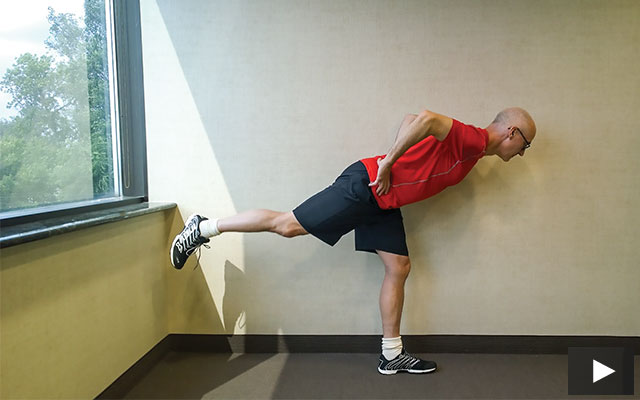I’ve been preaching for a few years now that the best way to avoid decrepitude in your twilight years is to begin a regular strength training regimen by the time you hit middle age. That might mean cranking out a few pushups and planks every morning before breakfast or swinging a kettlebell around three or four times a week while you’re watching the evening news or actually making the gym a regular destination and hoisting some serious iron. The important thing is to make your aging muscles plead for mercy a few times a week.
It’s way more valuable than steady-state cardio. In fact, an intense weight-lifting session will hike your heart rate into the stratosphere and throw your metabolism into overdrive. It can even help you lose weight! And if you make it a regular habit, you may find when you reach retirement age that you’ve retained a surprising level of agility, endurance, and power. Maybe enough to keep you living independently long after friends and colleagues are confined to walkers and wheel chairs.
And your muscles will love it, even when they’re pleading for mercy.
When you tax your muscles beyond their normal capacity, you cause microscopic tears in the tissue that cause the muscles, once they’ve recovered, to enlarge — and gradually increase their capacity. This process, called hypertrophy, is facilitated by “satellite” stem cells in your muscle fibers that spring into action whenever you’ve pushed them beyond their normal limits.
Here’s the rub: The older you get, the less active these satellite cells become. That’s why, according to new research from Massachusetts General Hospital and King’s College London, your muscles tend to turn to mush once you start cashing those Social Security checks. “Just as it is important for athletes to build recovery time into their training schedules, stem cells also needs time to recuperate, but we found the aged stem cells recuperate less often,” Andrew Brack, PhD, the lead author of the study, explained in a statement released by the hospital.
The primary culprit in this drama is a developmental protein called fibroblast growth factor-2 (FGF2), which tends to become more prevalent in aging muscles and causes a gradual decline in satellite cells. So Brack and his colleagues are predictably looking for substances they can pump into your body to block that annoying FGF2, so geezers like me can stay strong with no more effort than it takes to drive to the local pharmacy.
Call me old-fashioned, but I’m going to keep punishing my muscles the way they were meant to be punished. Innumerable studies have suggested that strength training, even when begun at an advanced age, can have a dramatic effect on your quality of life. I figure I’ve got a pretty good head start, so why show those muscles any mercy now?


This Post Has 0 Comments